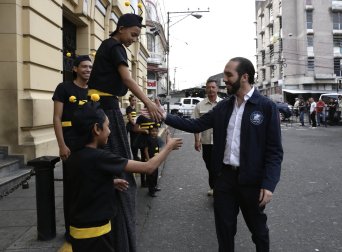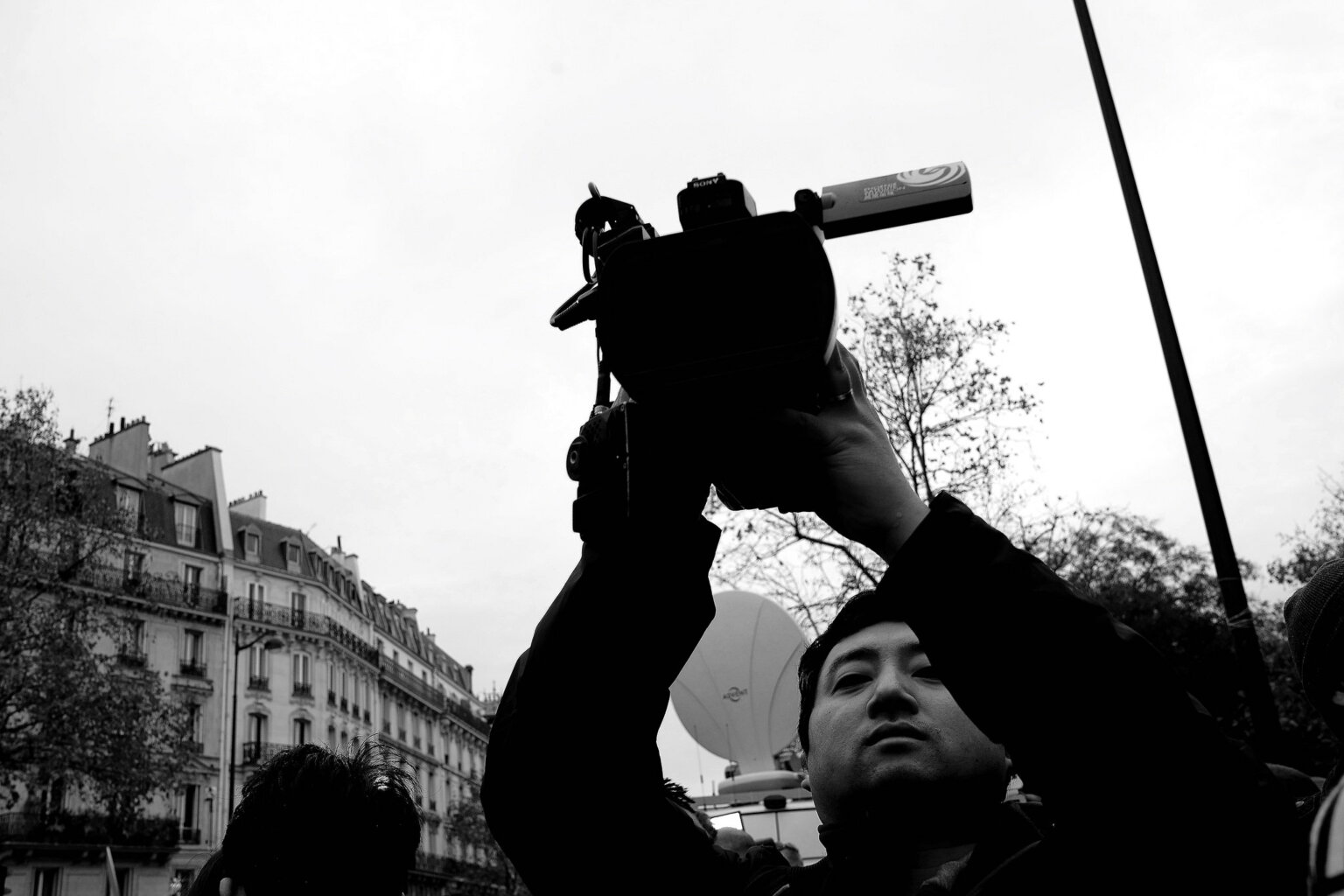- About
- Topics
- Picks
- Audio
- Story
- In-Depth
- Opinion
- News
- Donate
- Signup for our newsletterOur Editors' Best Picks.Send
Read, Debate: Engage.
| topic: | Transparency and Corruption |
|---|---|
| located: | El Salvador |
| editor: | Ellen Nemitz |
Nayib Bukele has just completed three years in El Salvador's presidency, leading one of the most contradictory and polemical administrations of Latin America. On the one hand, the 41 year-old politician maintains a notable 87 percent approval rate, despite some popular demonstrations against his administration. According to analysts, this is a result of populist measures, such as providing financial aid during the COVID-19 pandemic, but also due to the population’s lack of access to independent information. On the other hand, Bukele has been involved in a series of polemical moves culminating in his announcement, last 15 September - El Salvador's independence day - that he is running for a second term in 2024, which is prohibited by the country's Constitution.
First, Bukele shaped the judiciary branch by "summarily replacing the attorney general and all the judges in the constitutional chamber of El Salvador’s Supreme Court" - words used by the Human Rights Watch - and managed to receive the support from a majority of the deputies in the 2021 legislative elections. This new scenario opened the path to re-election: the Constitutional Chamber magistrates and the Supreme Electoral Tribunal have already ruled in his favour, as reported by El Faro, a decision that "comes from magistrates handpicked by Bukele's bench," said the Senior Investigator at the Americas Division of Human Rights Watch, Juan Papier.
Contradicting his own words - in 2013 Bukele correctly affirmed that someone could not be president twice in a row in El Salvador - the Central-American leader called the announcement "an expected candidacy for re-election." The Americas deputy director at Human Rights Watch, Tamara Taraciuk Broner, has incisively spoken up affirming that Bukele's decision puts democracy "more at risk than ever" and "deepens the authoritarian drift in El Salvador." The Adjunct Senior Fellow for Human Rights at Council on Foreign Relations, José Miguel Vivanco, compared this to the former Venezuelan president Hugo Chavez' "authoritarian path."
Bukele's flirting with dictatorship is, indeed, not new. One year ago, FairPlanet had already reported that the president, although maintaining an important level of local support, was "increasingly considered a dictator by international opinion" for the polemical decisions and the "gradual dismantling of democratic institutions." As a response, Bukele jokingly - and dangerously - called himself the "world’s coolest dictator."
The president is a populist who knows how to build a "youthful and modern personal brand," to borrow Taraciuk's words. One year ago, he bet on pioneering by implementing Bitcoin as an official currency in an attempt to tackle the financial crisis, but the attempt failed, according to several reports and analysis, due to the uncertainty in financial markets and the environmental concerns. In the end, it did not provide the once-pledged economic and social prosperity.
Moreover, in face of El Salvador's rampant gang violence, he resorted to a huge operation that arrested over 50,000 people - nearly one percent of the country's population is currently behind bars - under a State of Emergency decree implemented in March and renewed six times since then. Despite some popularity among a population afraid of gang violence, though, there are reported abuses that "engulfs the country in a human rights crisis after three years in government," as Amnesty International says.
Image by Presidencia El Salvador

